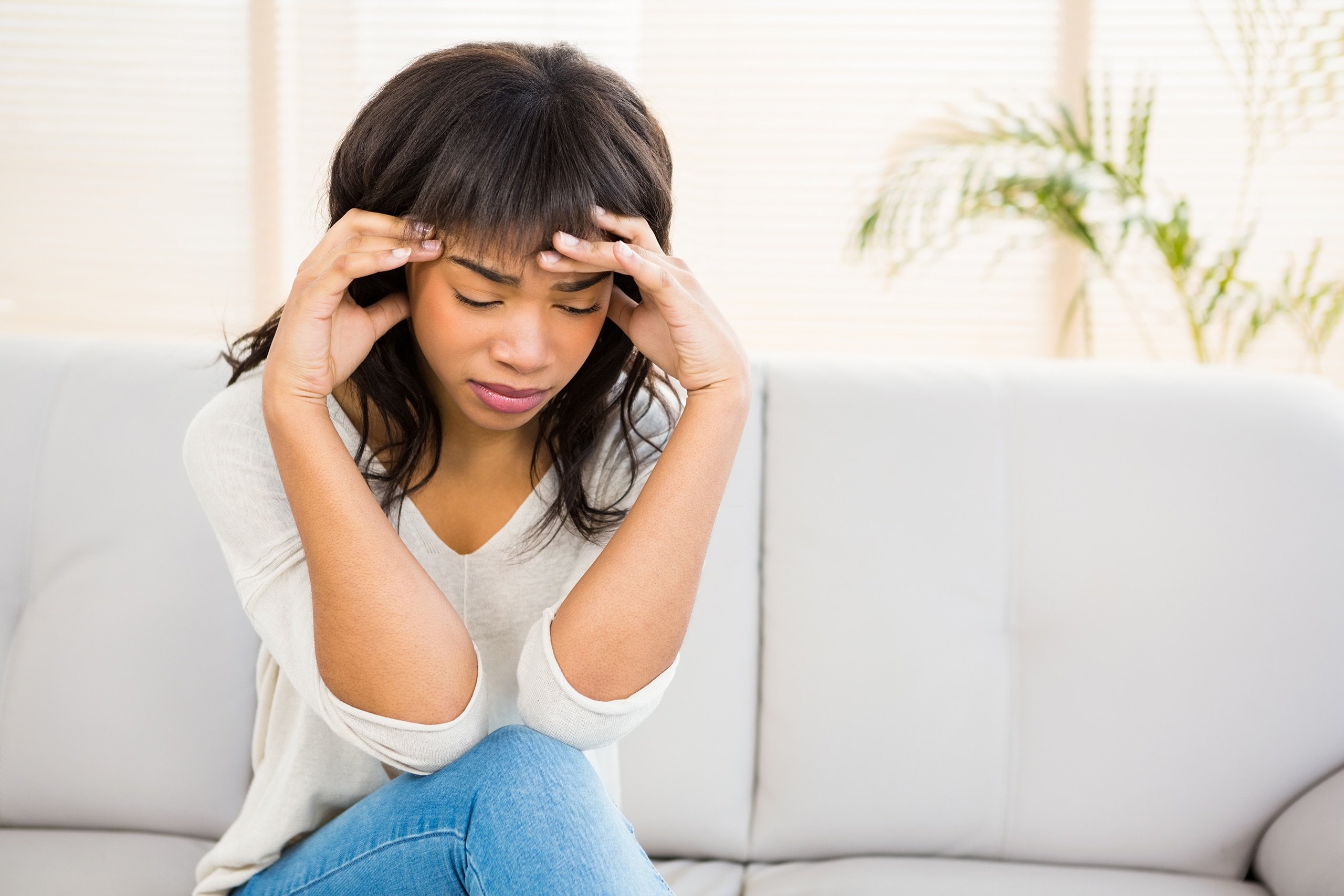How Anxiety CAN Destroy Your Life
Anxiety, to a certain extent, is a normal part of everyday life. However, when it consumes a person’s daily life and starts affecting their daily activities, it is not normal. Those that suffer from anxiety disorders have excessive, intense fear and worry over everyday situations. Sometimes these feelings can come on suddenly and peak within minutes; this is called a panic attack. Those with anxiety disorders have difficulty controlling this panic and excessive anxiety that they experience.
There are several different types of anxiety disorders and sometimes a person can have more than one of these disorders.
According to the National Institute of Health:
Anxiety disorders affect nearly 1 in 5 American adults each year. People with these disorders have feelings of fear and uncertainty that interfere with everyday activities and last for 6 months or more. One of the most common types of anxiety disorder is a social anxiety disorder or social phobia. It affects both women and men equally—a total of about 15 million U.S. adults. People with social phobia may worry for days or weeks before a social event. They’re often embarrassed, self-conscious, and afraid of being judged. They find it hard to talk to others. They may blush, sweat, tremble, or feel sick to their stomach when around other people. Other common types of anxiety disorders include generalized anxiety disorder, which affects nearly 7 million American adults, and panic disorder, which affects about 6 million. Both are twice as common in women as in men. (NIH)
Some of the other types of anxiety disorders can include specific phobias like agoraphobia (fear of places or situations that may cause panic), separation anxiety, substance-induced anxiety, or anxiety due to a medical condition.
Negative Symptoms of Anxiety Disorders
All of the symptoms that people who have an anxiety disorder experience are negative. Some of the most common signs and symptoms of anxiety can include:
- Increased heart rate
- Rapid breathing
- Sweating
- Trembling
- Extreme fatigue
- Feeling nervous, restless, or tense
- Trouble concentrating due to persistent worry
- Trouble sleeping
- Sense of impending danger or panic
- Difficulty controlling worry
- Avoiding things that may trigger anxiety
- Gastrointestinal issues
- Muscle tension
- Pain due to the stress it can cause on your body
Anxiety disorders cause more than excessive worry. Sometimes anxiety disorders can be so severe, that a person will not leave their home out of fear. Also, having persistent, untreated anxiety disorders can lead to debilitating and sometimes even dangerous complications. Some of these complications can include:
- Addiction or substance misuse
- Depression or other mental health disorders
- Insomnia
- Chronic pain or headaches
- Social isolation
- Digestive and bowel problems
- Problems functioning at work or school
- The poor overall quality of life
- Even suicide
The sooner a person with an anxiety disorder is treated, the lower the risk of experiencing complications.
Treatment for Anxiety Disorders
There is no way to prevent or predict who will develop an anxiety disorder or when. Here is the good news, once you have been diagnosed, most anxiety disorders can be treated or controlled. Also, the sooner you get help, the better off you will be; anxiety can be harder to treat the longer you wait.
Anxiety is usually treated with either psychotherapy, medication, or a combination of both. Staying active by exercising can also help improve anxiety along with other mental health conditions. And, it is important to avoid drug and alcohol use as they can worsen anxiety.
Find a Therapist that Specializes in Therapy
If you or someone you love is struggling with anxiety, our mental health experts are available to assist you around the clock. Voices of Mental Health has a standing passion for helping others achieve peace, serenity, and fulfillment. We will help you access top treatment centers with caring and supportive assistance. You don’t have to suffer any longer, call our confidential mental health helpline today, day or night, around the clock.
Medically Reviewed: September 25, 2019

Cayla Clark, BA
Medical Reviewer
Chief Editor
All of the information on this page has been reviewed and verified by a certified addiction professional.



